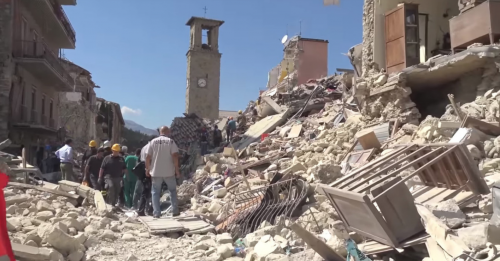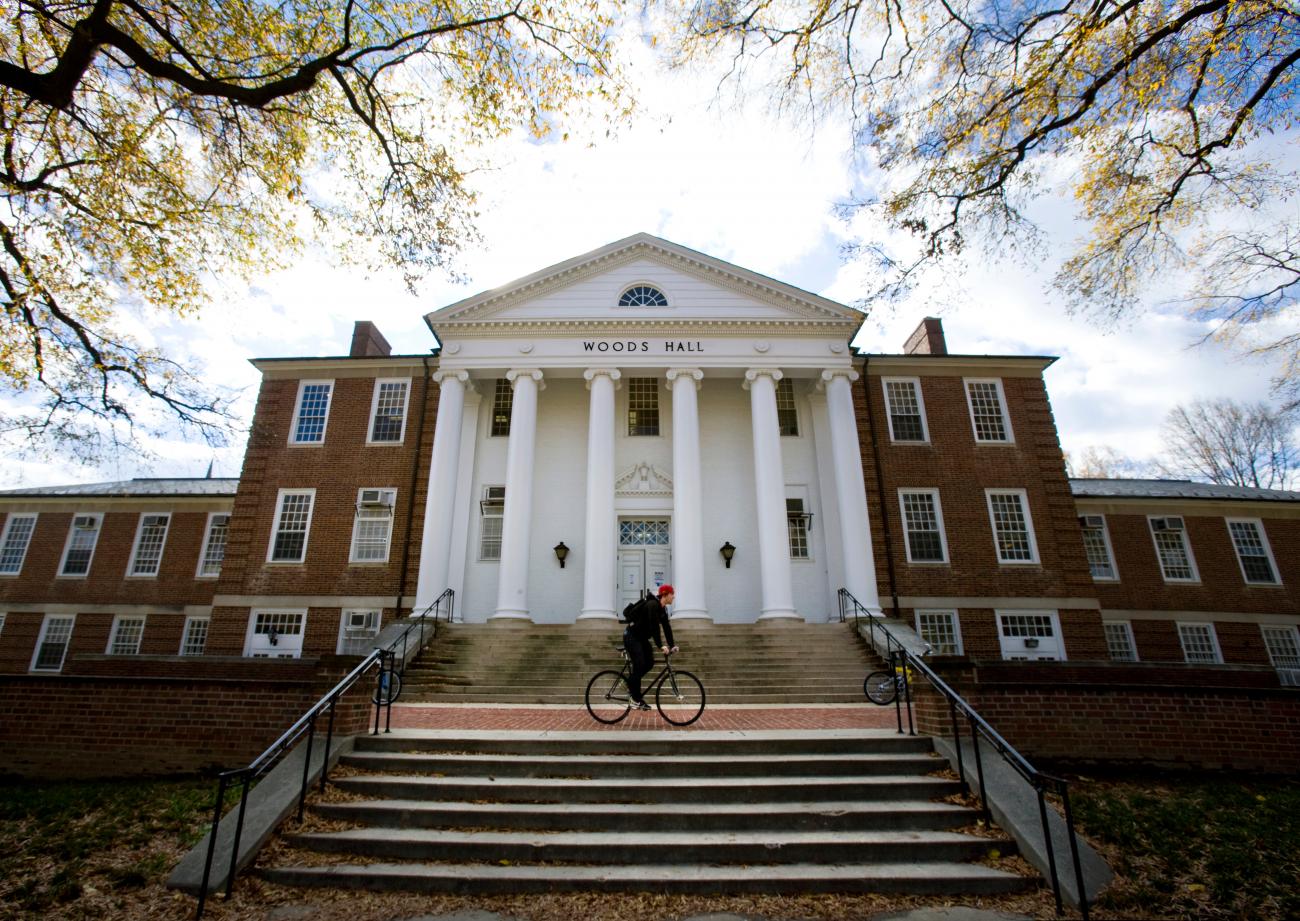The Department of Anthropology and the School of Architecture, Planning and Preservation invite you to attend the talk "Pasta and Panic: Tangible and Intangible Heritage as Vehicles for Mobilizing Earthquake Recovery Efforts in Central Italy," given by Michael Di Giovine, Associate Professor at West Chester University of Pennsylvania.
This talk is part of the 2019–2020 series of the UMD Heritage Lectures, a lecture series co-sponsored by the Department of Anthropology and the Program in Historic Preservation in the School of Architecture, Planning & Preservation.
Abstract
Based on ethnographic research, this talk examines the prominent ways in which tangible and intangible heritage was affected, revitalized and deployed as vehicles for mobilizing recovery efforts and negotiating changing identity in the wake of the devastating earthquakes that hit Central Italy in 2016–2017. The talk will shed light on the politics and economics behind the rather slow recovery and restoration efforts -- which are not as straightforward as they may seem -- and also will particularly focus on the utilization of traditional foodways and food practices to create solidarity movements and negotiate social tensions. Earthquakes and other natural disasters have a destabilizing effect on communities and individuals, but they are also events that characterize change and mobilize different kinds of work, both material and symbolic. Food, of course, is likewise material and symbolic; it is a source of sustenance and nourishment, of economic subsistence, but also of cultural identity. In addition to destroying food products that are locally and extralocally valorized as heritage, the earthquakes displaced farmers and their livestock, calling into question protective designations of Norcian salamis and cheeses, and forcing the Italian government to temporarily renegotiate demarcations of territory. Access to food and food security reveal power differentials; while displaced citizens in shelters argue that their lack of control over the preparation of their family's meals take away their dignity, Michelin-starred restaurants receive special treatment to preserve their truffles and other culinary valuables. Furthermore, while tangible structures, particularly highly valued religious edifices, have all but been erased from the visible fabric of the earthquake region, the food producers who remain have become the new vehicles of community solidarity, and the source of spontaneous "solidarity tourism."
Bio
Michael Di Giovine is Associate Professor of Anthropology at West Chester University of Pennsylvania and Director of the West Chester University Museum of Anthropology and Archaeology. Michael's research spans Europe and Southeast Asia and focuses on tourism, pilgrimage, heritage, foodways, and religion. He directs an ethnographic field school in Perugia, Italy that examines the ways in which sustainable foodways are used by locals as markers of cultural heritage within the context of a changing society. His books include The Heritage-scape: UNESCO, World Heritage, and Tourism (2009), and the edited volumes Edible Identities: Food and Foodways as Cultural Heritage (2014), Tourism and the Power of Otherness: Seductions of Difference (2014), The Seductions of Pilgrimage: Sacred Journeys Afar and Astray in the Western Religious Tradition (2015), and Pilgrimage Beyond the Officially Sacred (2020). Michael is an Honorary Fellow in the Department of Anthropology at the University of Wisconsin-Madison, the Convenor of the Tourism Interest Group at the American Anthropological Association (AAA), a member of the International Cultural Tourism Committee at ICOMOS, and has served on the AAA's Task Force on Cultural Heritage (2013–2016).
Check out the flyer.



